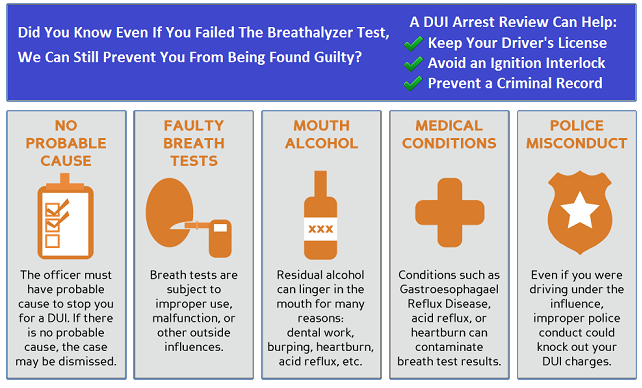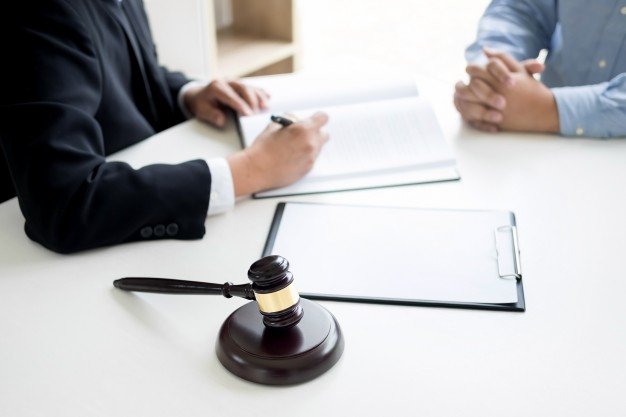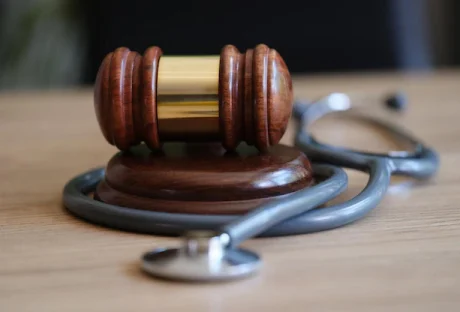In most cases, a first time DUI offense is considered as a misdemeanor, and you may go to jail for up to 6 months if you are guilty of the offense. Here are some of the things you should know about DUI charges
You may spend a few days in Jail as a First-time Offender:
Criminal practice experience has shown that most first-time DUI offenders spend few days to some weeks in jail when found guilty. First DUI offense is considered a misdemeanor hence it carries lighter punishments, though sentencing can be increased to 6 months depending on the severity of injuries caused to victims.
DUI May Involve Distinct Legal Cases:
When you are involved or arrested for DUI, you may have two different legal issues. First of all, there may be a legal proceeding against you, over your driver’s license. Secondly, you may be charged with criminal DUI. There are different legal standards applicable to these two DUI cases, but the result of one will not influence judgment on the other. You will need DUI attorneys to look into your peculiar case.
A Third DUI Offence is considered a Felony:
While the first DUI is considered a misdemeanor, a third offense is considered a felony. It is important to also note that DUIs may stay on your personal records forever.
You May Get Probation Sentence Instead of Jail Term:
As a first-time DUI offender, you may have your prison term suspended and converted into probation, especially if no one was hurt in a car accident that you are responsible for. You may also make a plea bargain with the prosecutor, but you need to consult with an attorney before you sign such a plea bargain.
Expungement of DUI Charges May be an Option for You:
Expungement is a situation where your DUI records are removed from your personal records, this could be very helpful when you are looking for a job. In most cases, you can only file for expungement only after serving your DUI punishment.
Some Conditions May Aggravate Your DUI penalties:
Your DUI punishment may be increased if you were caught driving under extremely high alcohol influence, or if you have a minor, under 18 years of age in your car or if you were caught driving outside of the speed limit.
You May Get a Bond Supervision After Multiple DUI:
Since multiple DUI charges are considered a felony, you may be placed on multiple bond supervision for a very long time. Bond supervision means you may be placed under house arrest, random urinalysis and you may be asked to report to a probation officer.
In conclusion, it is possible to get your DUI case thrown out if you can seek the help of a DUI attorney. In this case, the attorney can find strong proof that you were not responsible for the DUI situation, hence the injuries or death sustained from such accidents cannot be linked to you directly or indirectly.
Read Also:
- How To Choose A Personal Injury Lawyer
- What Are The Penalties For DUI In Florida
- 6 Important Questions To Ask A Personal Injury Lawyer
- The Effects Of Drinking And Driving Under The Legal Age Of 21
Featured Image: fightduicharges.com





















